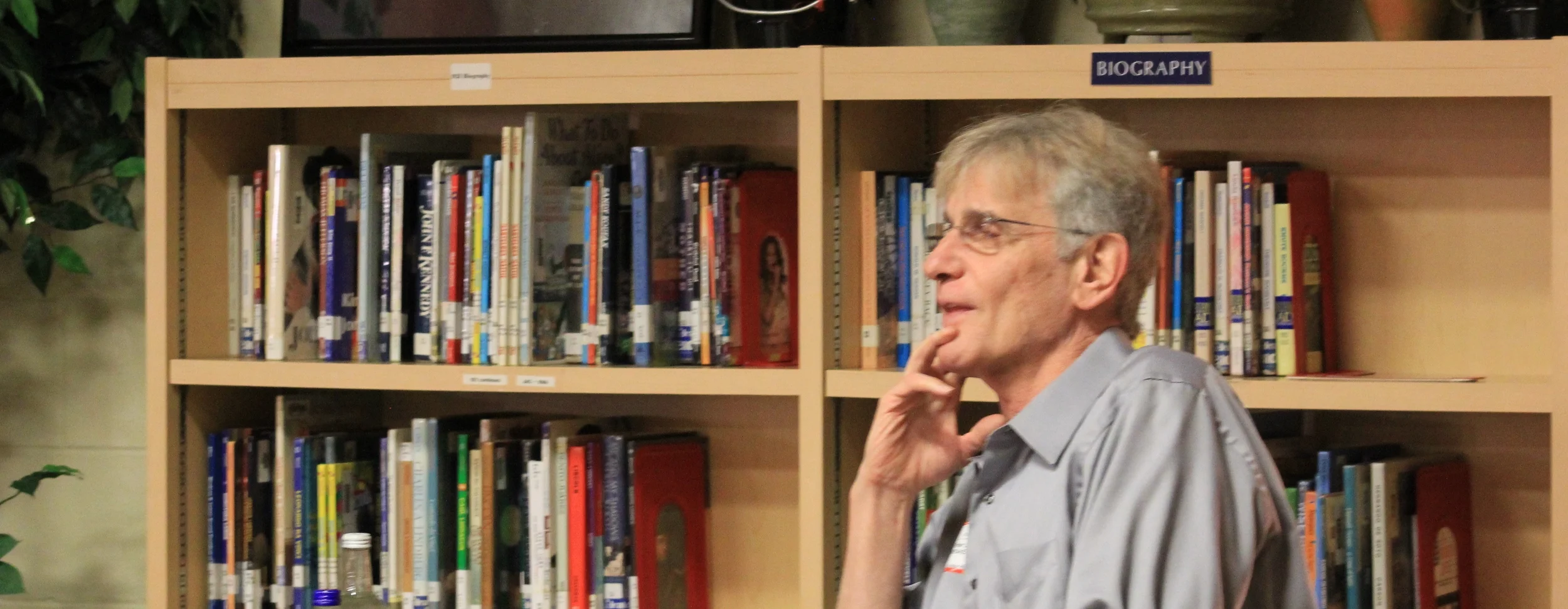Kids, Careers, & Romance
/"Whenever a young person between the ages of 16 and 25 gives up pursuing a dream, any dream, there's always a boyfriend or girlfriend involved. Always. Without exception. And later, either the relationship breaks up or the career never happens. Always. Without exception. And no young person who's ever in a serious romantic relationship will believe this applies to him or her. Ever. Without exception."
I wrote those words more than two decades ago. The sole difference now is that I can explain myself a bit better.
For one thing, I've discovered an interesting irony.
When a young person is in a serious and positive romantic relationship, they have a powerful support system.
They have someone who...
cares for them
keeps them from feeling alone
provides them with comfort, satisfaction, even joy.
The irony? These dynamics are at the very root of the problem. And NOT because the relationship is a "distraction", or "takes up too much time", or that one partner may consciously or unconsciously hold the other back, or something like that.
It's human nature.
In our teens and early twenties, we human beings have only recently entered what noted psychologist Jean Piaget calls "formal operational thought". In a nutshell, one of the central characteristics of this level of thinking is the ability to objectively assess the consequences of one's actions.
I would express it as follows:
Although teens and young adults now have the same cognitive equipment as adults, they're new at using it.
In other words, it's not about grasping the concept of actions and consequences; it's about having the experience to know what it feels like.
Further, many if not most psychologists believe that in adolescence, there is a resurgence of what another famous psychologist Lawrence Kohlberg, (my advisor at Harvard), describes as "Level 1" or "pre-conventional" morality, indicative of childhood.
Simply put, this would go a long way toward explaining why so many teens, and even young adults, seem to base much of their behavior solely on what feels good at the moment.
So here's a question:
When a teenager or young adult finds something that meets most of their emotional and physical needs, is it realistic to expect that they would devote lots of time and energy pursuing something else instead?
Before you answer, imagine if this "something else" were to entail...
constant difficulty
disappointment
sacrifice
rejection
As you may guess, I'm describing the path to success in most fields, and especially the arts.
How long would a young person continue this necessarily huge expenditure of time and energy, given a readily-available, easy, comfortable, and gratifying alternative such as a romantic relationship?
Perhaps at this point you're thinking that a serious romantic partner would be a vital, supportive element for a young person in such a pursuit. Perhaps you believe that such a partner would help guide them along the way, provide encouragement- even inspiration- and help prevent them from giving up on their dreams.
Maybe. But that simply hasn't been my experience.
Do I believe this applies to all romantic relationships? Of course not.
I've seen many careers and relationships work extremely well together... when both partners have first become fully and separately mature as individuals.
Until next time, take good care of yourself.
Thanks.
Peter Seidman





